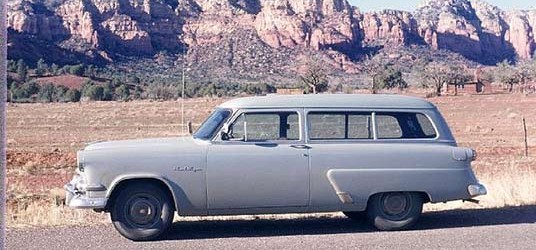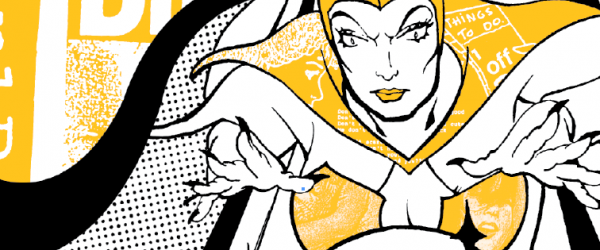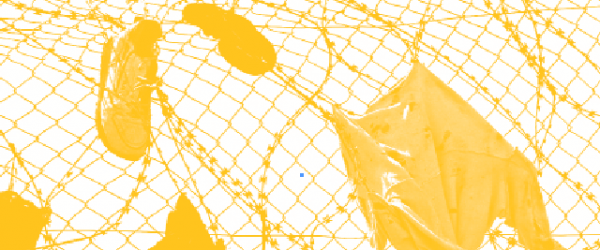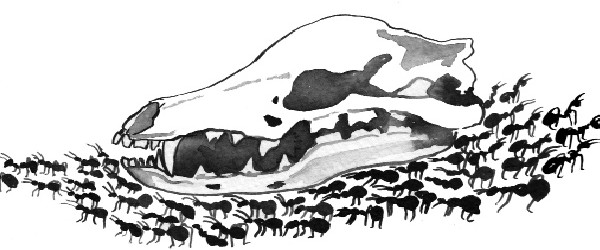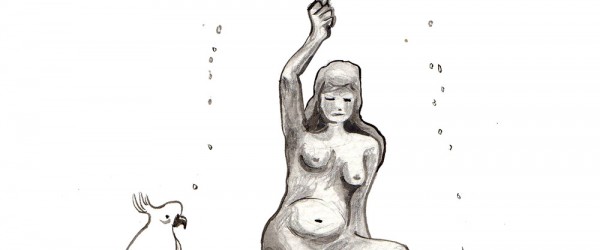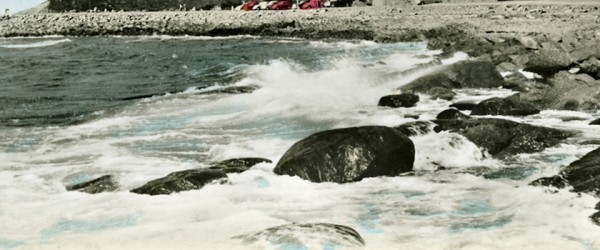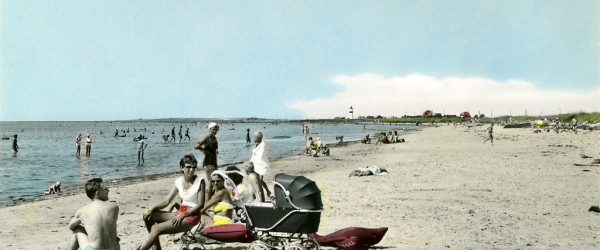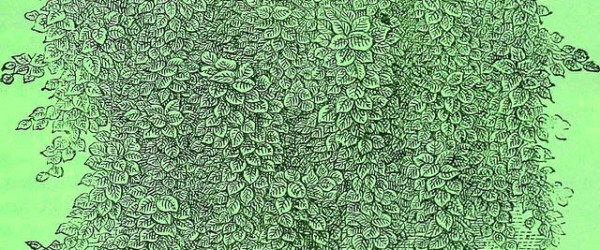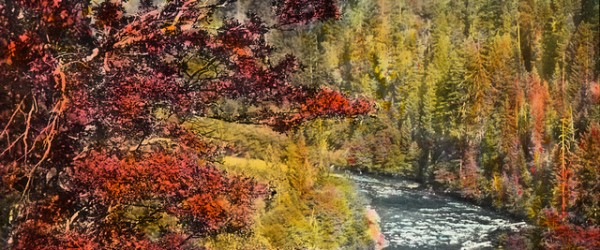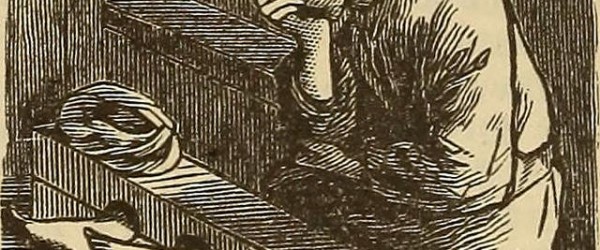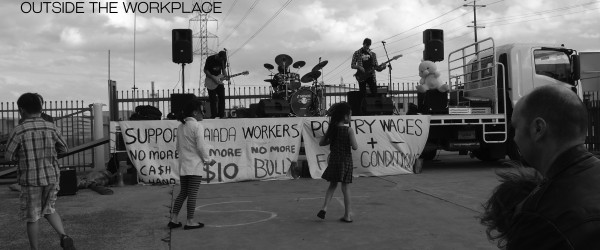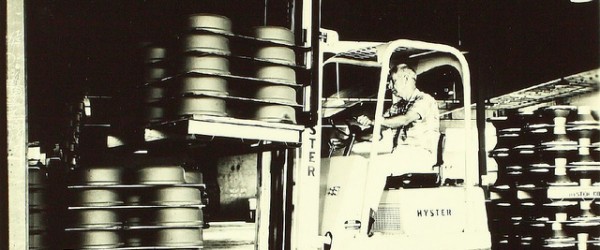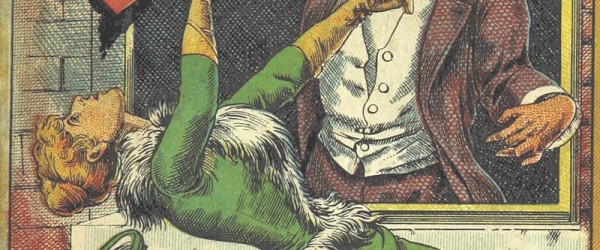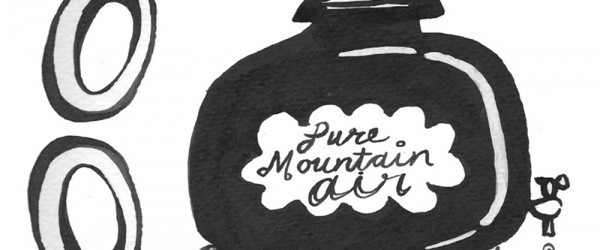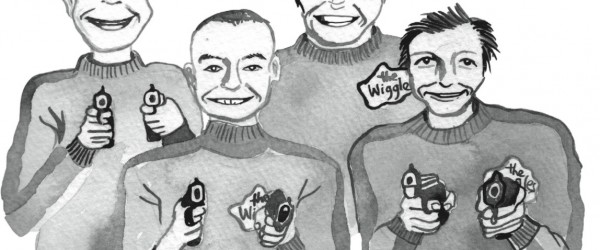
220 Spring 2015
Buy this issue
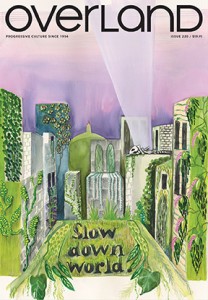
Tensions in Europe’s borderlands, transcending climate change, the fight to keep public housing on Sydney’s waterfront, aesthetics and politics in science fiction, and a visit capitalism’s graveyard. Plus fiction by Omar Musa and Zahid Gamieldien, cutting-edge poetry and more.
Issue Contents
Regulars
Alison Croggon
Mel Campbell
Giovanni Tiso
Features
David Lockwood
Anwen Crawford
Ken MacLeod
Jennifer Mills
Jason Wilson
Alexandra Heller-Nicholas
Luke Stegemann
Poetry
Corey Wakeling
Frances Olive
Georgina Woods
Ellen van Neerven
John Tranter
John Tranter
Fiona Wright
Sam Langer
Michael Farrell
Kate Lilley
Editorial
Jacinda Woodhead
Fair Australia Prize Editorial
Tim Kennedy
Fair Australia Prize Poetry
Mitchell Welch
Fair Australia Prize Essay
Erima Dall
Fair Australia Prize Cartoon
Keith McDougall
Browse the issue:
Features
Poetry
Editorial
Fair Australia Prize Editorial
Fair Australia Prize Poetry
Fair Australia Prize Essay
Fair Australia Prize Cartoon


